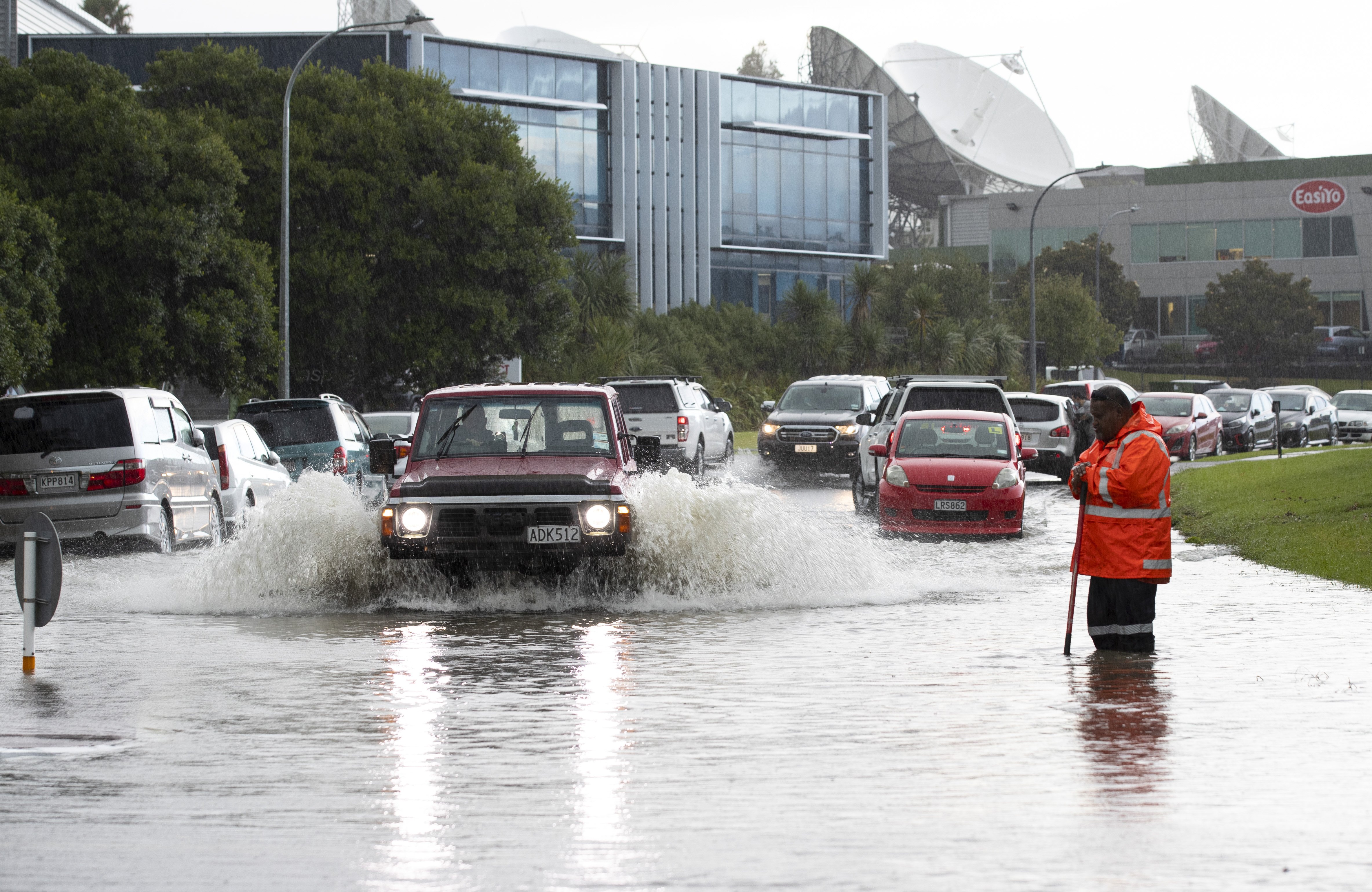

A huge return on investment would come from addressing the root causes of our vulnerability to oil shocks, through a fairer, more healthy transport system that enables access for all to the places, people and things we need for wellbeing. We can take a leaf from the way we reduced tobacco harm and reap wins for climate, health and affordability.
Many of us feel we are stuck in a city where accessing the things we need relies on paying the high price international oil companies charge us to run a car, but we also pay a very heavy price as a society for having designed our city to make car use the only option for many trips.
The images of freedom and convenience (and even connection to pristine environments) used by advertisers to sell this built-in car dependence involve a false promise, obscuring the loss of life, injury and disease the current transport system causes. An analysis published last month estimates the burden of disease from Aotearoa New Zealand’s car-dominant transport system for the first time, focusing on just three outcomes. By removing the air pollution, traffic crashes and lack of daily exercise caused by cars, we could save more than 1.2 million healthy life years. It makes reducing unnecessary car use as important for public health as policies that reduce smoking. The study also shows that doing so would reduce the transport system’s baked-in injustices by income and ethnicity, where many households are forced into unsafe and unaffordable car ownership to stay in jobs, at the cost of other health needs.

At the same time, the latest from the IPCC about the effects of climate change on people has been described by the UN Secretary General as a ‘‘Code Red for humanity’’. That’s because our collective climate pollution is having a profound effect on the health of people in every part of the world. Our failure to change our polluting practices and systems in high income countries is knowingly putting half of all the world’s people in danger. The rising carbon dioxide emissions from our transport system are part of this grave threat to health. Yet we are currently still increasing our driving, and doing it in larger, more dangerous and more polluting cars. Once we add the health harms from climate change to the burden of disease from cars, the scale of the problem begins to place car use among our biggest public health threats.
The size of the health burden isn’t the only comparison we can make with smoking. The immoral and sometimes illegal tactics of tobacco companies who use deceitful advertising, lobbying and deliberate misinformation still cause hundreds of thousands of preventable deaths. Similarly, oil and car companies spend billions undermining healthy societal responses in very similar ways, whether it’s effective policies to tackle climate change, or evidence-based responses to lower the road toll.
Oil and car use is a more complicated issue than smoking because of just how entwined car use is into our daily lives, but the burden of disease and the problem of immoral corporate behaviours around car use justify a similar response to the successful public health approach taken to reduce harm from tobacco.
Many of the crucial instruments for saving lives from tobacco harm were put in place by central and local government, followed by waves of support by the public when the benefits were rapidly and widely felt. Three of the pillars of change were: taking a stand on the political and social influence of tobacco corporate lobbyists and advertising; legislating to reduce the societal harms of smoking through the Smokefree Environments Act; and ensuring necessary price rises were accompanied by systems and services that enabled easier changes in behaviour.
Together, these three measures will also help with the drastic reductions in car use we now must make. Removing the social license of oil and car companies to inappropriately undermine healthy responses to climate change and the wider burden of car disease is warranted by the health harms they knowingly cause. Ending tobacco advertising began where it was most egregious and contradictory — by outlawing tobacco sponsorship of sports teams and during children’s television. We can make a similar start now by outlawing advertising of oil and fossil-fuel powered vehicles within news stories about climate change and extreme weather events, on bus stops and buses, and in MetService weather reporting.
Creating car-free environments, especially in city centres, is already a widely used strategy in many places, including in this country, but is not yet adequately supported by a shift in the legislation or the reallocation of funding, while we have a long way to go to even ensure current non-car spaces, such as footpaths, are protected from cars.
Perhaps most importantly, when it comes to car use, accompanying inevitable oil price rises with strategies that ensure alternatives are readily available, accessible for all, safe, convenient and cheap, will be needed to enable equitable change. These include making public transport, walking, biking and wheeling affordable, reliable, safe and convenient by lowering vehicle speeds, and reallocation of existing transport spaces and funding. Decades of national and international research and experience attest to the effectiveness of these life-saving interventions, including for health and social equity. [For example, our own most recent research suggests that making high quality accessible public transport freely available for young people would go a long way to addressing the lifelong health effects of poor access to education, employment and training, as well as the heavy burden of road traffic deaths among young men.]
The International Energy Agency, traditionally focused on maintaining a steady flow of oil, last week listed lowering speeds, legislating car free days, and making alternatives such as walking, cycling and public transport cheaper, safer and more attractive, among their top strategies for addressing the current oil crisis, suggesting that achieving Vision Zero for our road toll, reaching Zero Carbon and providing affordable access can be achieved together by putting our money in the right places.
- Alex Macmillan is an associate professor in environmental health, co-director of Climate Health Aotearoa and a member of the He Kaupapa Hononga: Otago’s Climate Change Research Network advisory group. Each week in this column writers address issues of sustainability.











